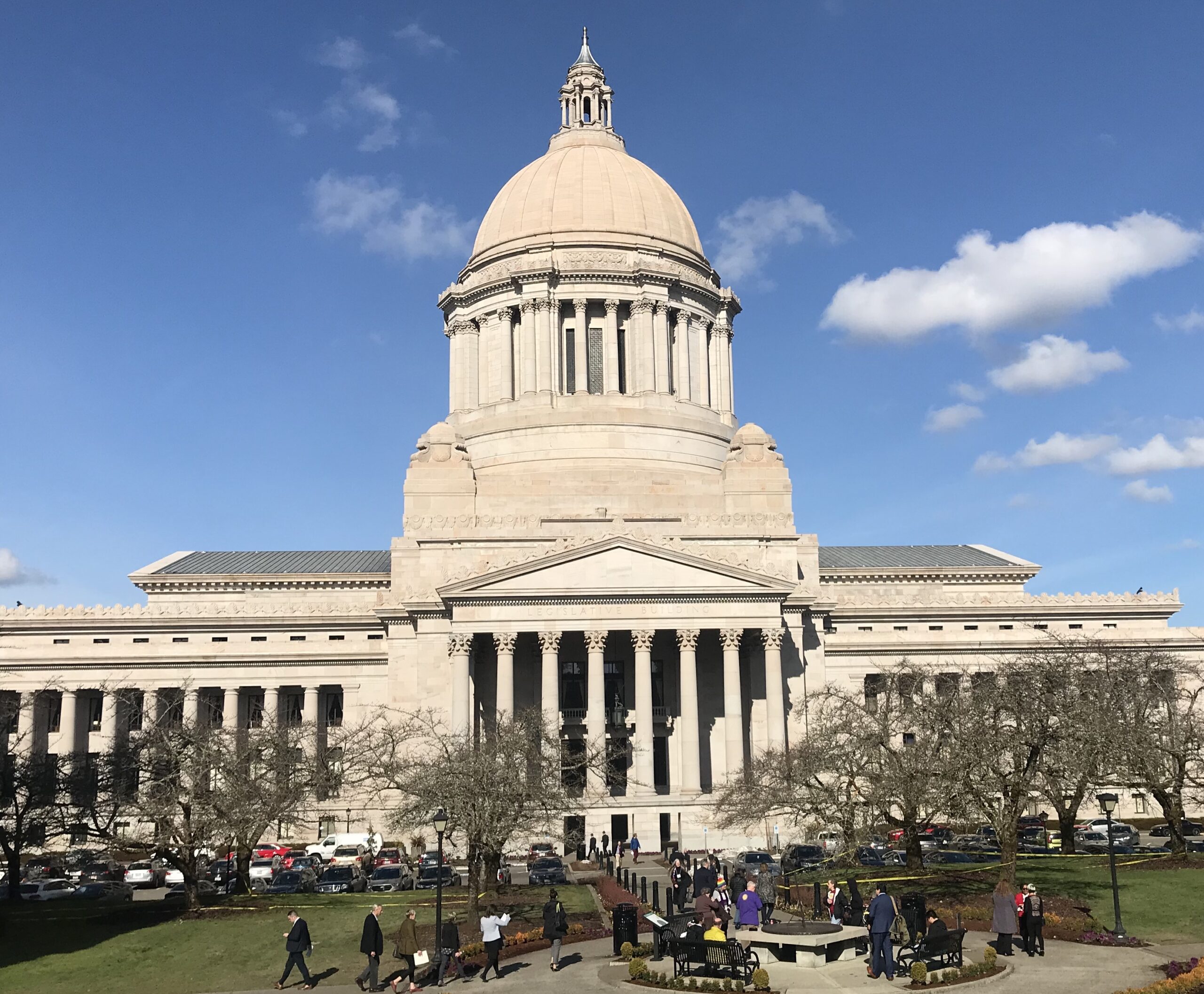AARP Washington’s advocacy team is ramping up for the 2023 legislative session. We have been meeting with legislators, advocacy groups, and community organizations to discuss legislative priorities and get a jump on bill language. Rising to the top of our “to-do” list are protections against utility disconnection during times of extreme weather, improvements to increase access to more affordable housing, continued efforts to lower the cost of prescription drugs, and working with hospitals to ensure our cadre of family caregivers have the information they need to help loved ones safely recover at home from a hospital stay.
More Americans die yearly from extreme heat than from hurricanes, lightning, tornadoes, floods, and earthquakes combined. Sadly, 157 people died in the 2021 heat wave – the deadliest weather-related event in Washington’s history. Many states have protections against utility shut-offs during cold weather events, including Washington. However, only nine states have temperature-based shutoff restrictions when extreme heat hits. This year, AARP Washington will work with the Attorney General’s office to change our guidelines and expand protections so families aren’t facing disconnections during extreme weather events like heat waves.
Housing is an issue that impacts people of all ages and backgrounds. For older adults who are ‘house rich’ and live on fixed incomes, the lack of affordable housing options limits their ability to move to another home in their community or to stay in their current home and ‘age in place.’ We continue to work on policies to increase the housing supply, such as reducing barriers to building accessory dwelling units (ADUs) or garden cottages. With an eye toward offering incentives so cities can improve their permitting and application process, we hope to pass statewide minimum standards that all municipalities can use to streamline and jumpstart the creation of ADUs. We are also looking into anti-displacement options to protect renters and residents of mobile/manufactured home communities.
The Inflation Reduction Act of 2022, passed by Congress, ushered in new ways to reduce prescription drug prices. This is one of the most important pocketbook issues for older Americans, and there is always more that can be done. Here in the Evergreen state, we will be monitoring changes that expand the Washington State Health Care Authority’s ability to recommend timely and appropriate policies, which include establishing upper payment limits on what state programs will pay for medication and bulk purchasing.
As a staunch supporter of our state’s cadre of more than 860,000 unpaid family caregivers – without which our system of support and services would collapse – we will revisit legislation that passed back in 2016 but has not been fully implemented. The Caregiver Advise, Record and Enable Act (CARE Act)—is legislation that recognizes family caregivers’ critical role in helping their loved ones recover safely at home. The CARE Act could reduce costly emergency room visits by documenting the name of the family caregiver when a loved one is admitted to the hospital and ensuring that the discharging facility explains and provides live instruction for the tasks—such as medication management, injections, and wound care—that the family caregiver can perform at home.
This isn’t an exhaustive list of what we hope to tackle in this legislative session, and we know we will need to be nimble as new bills are introduced but having our “to-do” list is an important step in preparing for the work ahead. We know we can’t do this alone and are incredibly fortunate to have AARP members and other older adults ready to help us champion legislation throughout the session by contacting their representatives to encourage support. If you want to lend a hand, you can sign up as a virtual advocate at AARP.org/getinvolved.


